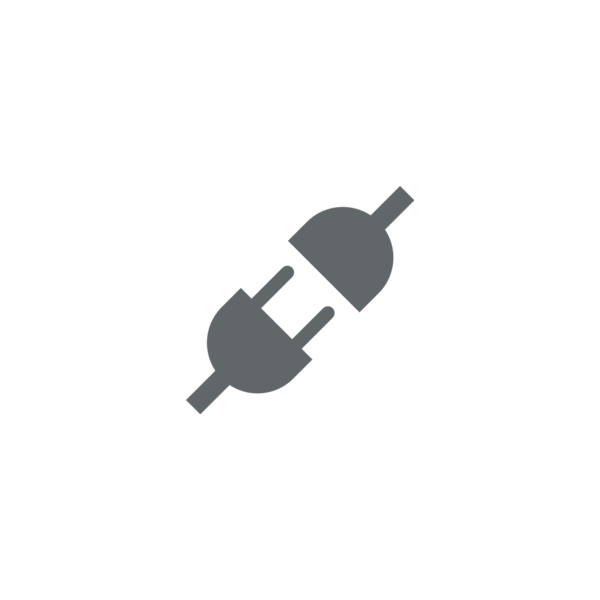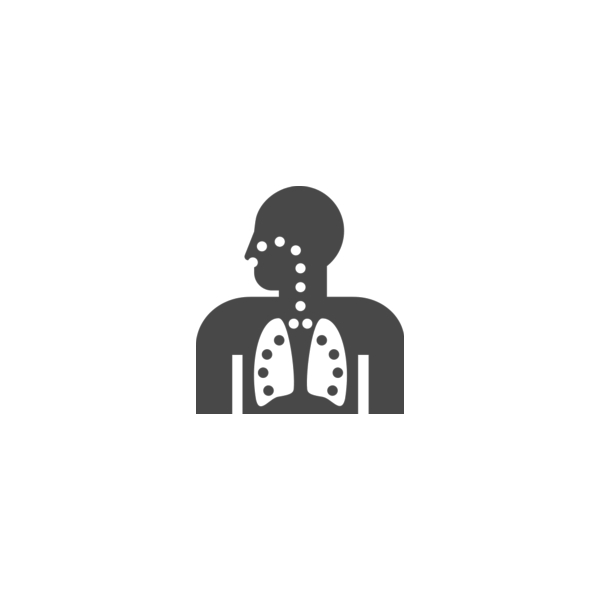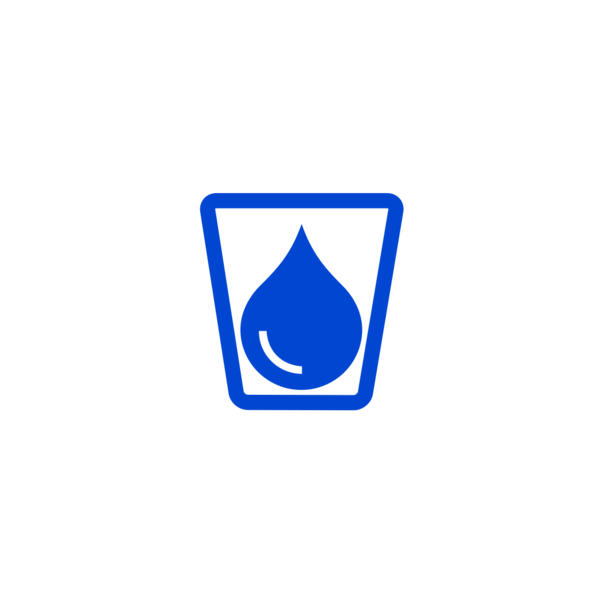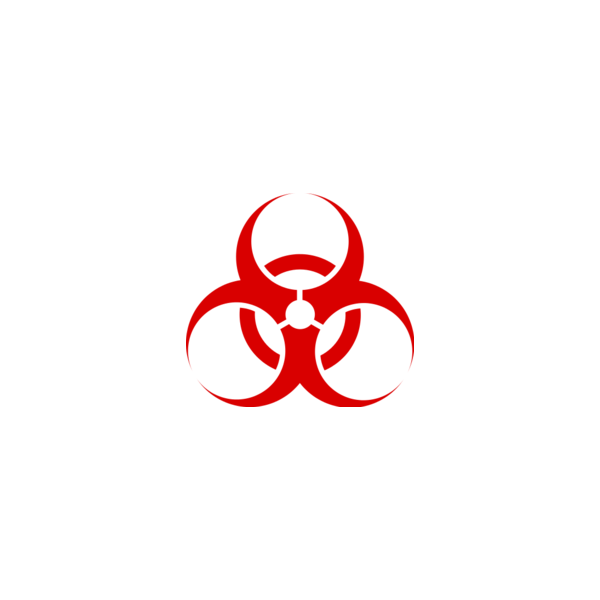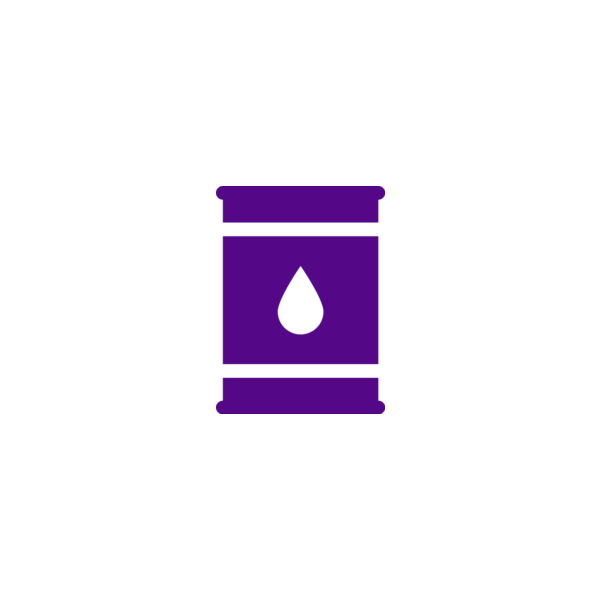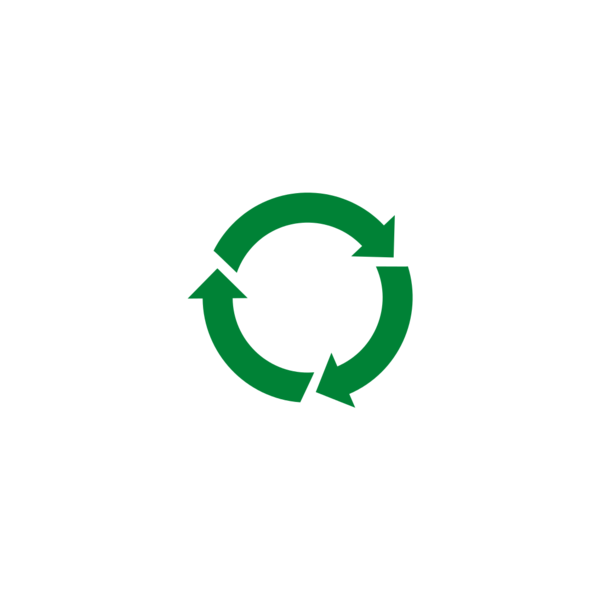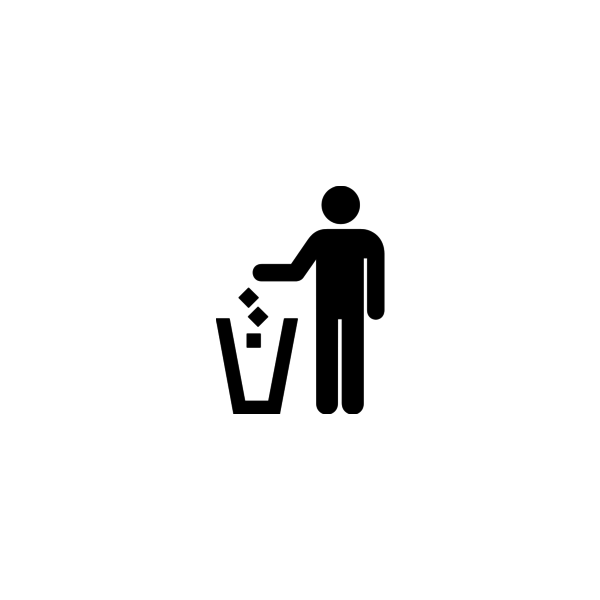Applicable states: Alabama, Alaska, Arizona, Arkansas, California, Colorado, Connecticut, Delaware, Florida, Georgia, Hawaii, Idaho, Illinois, Indiana, Iowa, Kansas, Kentucky, Louisiana, Maine, Maryland, Massachusetts, Michigan, Minnesota, Mississippi, Missouri, Montana, Nebraska, Nevada, New Hampshire, New Jersey, New Mexico, New York, North Carolina, North Dakota, Ohio, Oklahoma, Oregon, Pennsylvania, Rhode Island, South Carolina, South Dakota, Tennessee, Texas, Utah, Vermont, Virginia, Washington, West Virginia, Wisconsin, Wyoming.
This training course pack includes 1 year of access to the following 17 courses:
1. Overview of Environmental Compliance
Course level: Introductory
This course includes voice over audio narration and covers the following information:
- What environmental compliance is
- The goal of environmental compliance
- Why environmental compliance is important
- Basics of environmental laws
- Basics of inspections and internal audits
- What to expect during an inspection
- What is expected of you during an inspection
- What happens if violations are discovered
- Government agency enforcement actions
- Penalties for non-compliance
- Costs of non-compliance
- Common regulated materials and wastes
- Environmental compliance pointers and tips
- Good housekeeping requirements at your job site
- Who is responsible for compliance
Media included:
















2. Environmental Management System (EMS) Awareness
This course covers the following information:
- What an Environmental Management System (EMS) is
- Important facts and characteristics of an EMS
- The EMS cycle
- Keys to a successful EMS
- What the major concepts of an EMS are
- Environmental aspects and impacts of your organization
- Why an EMS is important
- Who needs to know about an EMS
Media included:














3. Air Quality Awareness
Course level: Introductory
This course includes voice over narration and covers the following information:
- Federal air regulations
- State air regulations
- What air pollution is
- Where air pollution comes from
- Air permit requirements
- Types of air emission sources
- Mobile sources of air emissions
- Stationary sources of air emissions
- Best management practices (BMPs) to help control air emissions
- What hazardous air pollutants (HAPs) are, and the health problems associated with them
- What Nitrogen Dioxide (NO2) is, and the health problems associated with them
- What Volatile Organic Compounds (VOCs) are
- How to minimize exposure to VOCs
- How to prepare for an inspection
Media included:











































4. Asbestos Awareness
Course level: Introductory
This course includes voice over narration and covers the following information:
- What asbestos is
- How asbestos can be a health hazard
- Federal asbestos regulations
- What facilities are regulated under asbestos laws
- Projects that may be affected by asbestos laws
- Potential sources of asbestos during demolition and renovation
- Who should know about asbestos management
- What to do if you encounter asbestos while working
- Examples of asbestos-containing materials (ACM)
- What asbestos surveys entail
- How to determine if purchased materials contain asbestos
Media included:













































5. Building Construction, Demolition, & Renovation Awareness
Course level: Introductory
This course includes voice over narration and covers the following information:
- What environmental program areas affect construction activities
- Which construction activities are regulated
- Construction, renovation, and demolition waste disposal considerations
- Surfaces coated with lead-based paint safety requirements
- Waste compliance and inspections
Media included:































6. Drinking Water Awareness
Course level: Introductory
This course includes voice over narration and covers the following information:
- Which agencies are responsible for ensuring federal and state standards are met for public water systems
- What backflow is, and how to prevent it from contaminating drinking water
- When and why water supply line disinfection is required
- What causes the presence of lead and copper in drinking water
- What to expect during a drinking water system inspection
Media included:




























7. Hazardous Materials (HAZMAT) Awareness
Course level: Introductory
This course includes voice over narration and covers the following information:
- What HAZMAT is
- HAZMAT federal laws
- The differences between hazardous materials, hazardous substances, and hazardous waste
- What makes a material hazardous
- How to determine if a chemical is dangerous
- Warning signs for harmful situations
- General chemical compatibility rules
- Hazardous materials discharge awareness
Media included:































8. Hazardous Waste Management
Course level: Intermediate
This course includes voice over narration and covers the following information:
- What hazardous waste is
- Hazardous waste vs. solid waste
- The Resource Conservation and Recovery Act (RCRA)
- State hazardous waste laws and regulations
- How to determine if something is a hazardous waste
- Characteristic hazardous waste types and classifications
- Hazardous waste generator status
- Hazardous waste reporting requirements
- Hazardous waste training requirements
- Hazardous waste generator requirements
- How to properly manage hazardous waste containers
- How to properly label hazardous waste
- Satellite Accumulation Area (SAA) requirements
- Hazardous waste preparedness and prevention
- Hazardous waste minimization
Media included:































9. Polychlorinated Biphenyl (PCB) Management
Course level: Introductory
This course includes voice over narration and covers the following information:
- What Polychlorinated Biphenyls (PCBs) are
- Federal PCB regulations
- What items contain PCBs
- How to properly manage PCB items
- How to properly manage PCB light ballasts
- Transformer categories and their compliance requirements
- Spill response for PCB discharges
- How to dispose of PCBs
Media included:





























10. Petroleum, Oils, & Lubricants (POL) Management
Course level: Introductory
This course includes voice over narration and covers the following information:
- What POL is, where to find it, and where to properly store it
- What is a Spill Prevention, Control, and Countermeasure (SPCC) Plan
- How to determine if used oil should be considered a hazardous waste
- EPA requirements surrounding used oil
- Used oil recycling
- POL best management practices (BMPs)
- Management guidelines for POL container storage
Media included:
















11. Noise, Odor, Light, & Dust Control
Course level: Introductory
This course includes voice over narration and covers the following information:
- How noise generated at your job can be a nuisance
- How noise can cause health problems
- How to reduce noise
- Where annoying or harmful odors can originate
- How to manage workplace and/or environmental odors
- How to minimize volatile organic compound (VOC) exposure
- How to ensure good indoor air quality
- How particulate matter can cause health issues
- What activities can cause dust and other particles to become airborne
- Dust best management practices (BMPs)
- What light pollution is, and why it can be harmful
- How to minimize light pollution
- What thermal pollution is, and what causes it
Media included:











































12. Recycling Awareness
Course level: Introductory
This course includes voice over narration and covers the following information:
- What recycling is, and how to make it successful
- Examples of wastes that can and should be recycled
- How to properly manage waste that can be recycled
- What sustainable procurement is
- The benefits of buying recycled materials
- What products can be made from recycled materials
Media included:











































13. Solid Waste Management
Course level: Introductory
This course includes voice over narration and covers the following information:
- What solid waste is
- Federal and state solid waste laws and regulations
- Solid waste disposal
- General solid waste best management practices (BMPs)
- Construction, renovation, and demolition waste management
- Surfaces coated with lead-based paint safety requirements
- How to prepare for an inspection
Media included:











































14. Spill Response
Course level: Introductory
This course includes voice over narration and covers the following information:
- How to minimize the potential for spills
- Operations, equipment, and processes likely to encounter a spill
- How secondary containment is used to protect the environment
- Proper fuel delivery procedures
- What to do if a spill occurs at your jobsite
- What to do if a spill has caused an emergency situation
- Reporting incidental shop spills
- The appropriate action to take following an accidental sewage discharge
- What to do if you discover a storage tank leak
Media included:































15. Storage Tank Management
Course level: Introductory
This course includes voice over narration and covers the following information:
- Which storage tanks are regulated
- Who regulates storage tanks containing hazardous waste
- What an underground storage tank (UST) is
- Which USTs are not regulated
- UST management and training requirements
- What secondary containment is, and which tanks require it
- The dangers of leaking tanks
- What to do if you discover a leak
- Spill prevention guidelines
- Emergency response actions
- What to do if you discover an unexpected tank
Media included:











































16. Waste Management Guidelines
Course level: Introductory
This course includes voice over narration and covers the following information:
- What wastes require special management
- What devices may contain mercury
- What kind of hazardous waste may be generated at construction sites
- How to properly manage:
- Mercury-containing bulbs and devices
- E-waste
- Used oil
- Antifreeze
- Batteries
- Oil-based and latex paint
- Paint containing mercury and lead
- Lead-contaminated paint chips
- Used paint brushes and rollers
- Paint thinners and paint strippers
- Rags and paper towels contaminated with hazardous waste
- Old or bad gasoline
- Aerosol cans
- Solvents for cleaning and degreasing
- Solvent based adhesives and glues
- Pesticides
- Blast media
- Oil contaminated absorbent material
- Empty containers
Media included:











































17. Wastewater Awareness
Course level: Introductory
This course includes voice over narration and covers the following information:
- Basic facts about wastewater and its management
- Typical examples of wastewater
- Wastewater permit requirements
- National Pollutant Discharge Elimination System (NPDES) permits
- Types of wastewater treatment plants
- What well pointing is, and what to do with well pointing wastewater
- What a bypass is, and when it should be used
Media included:












































